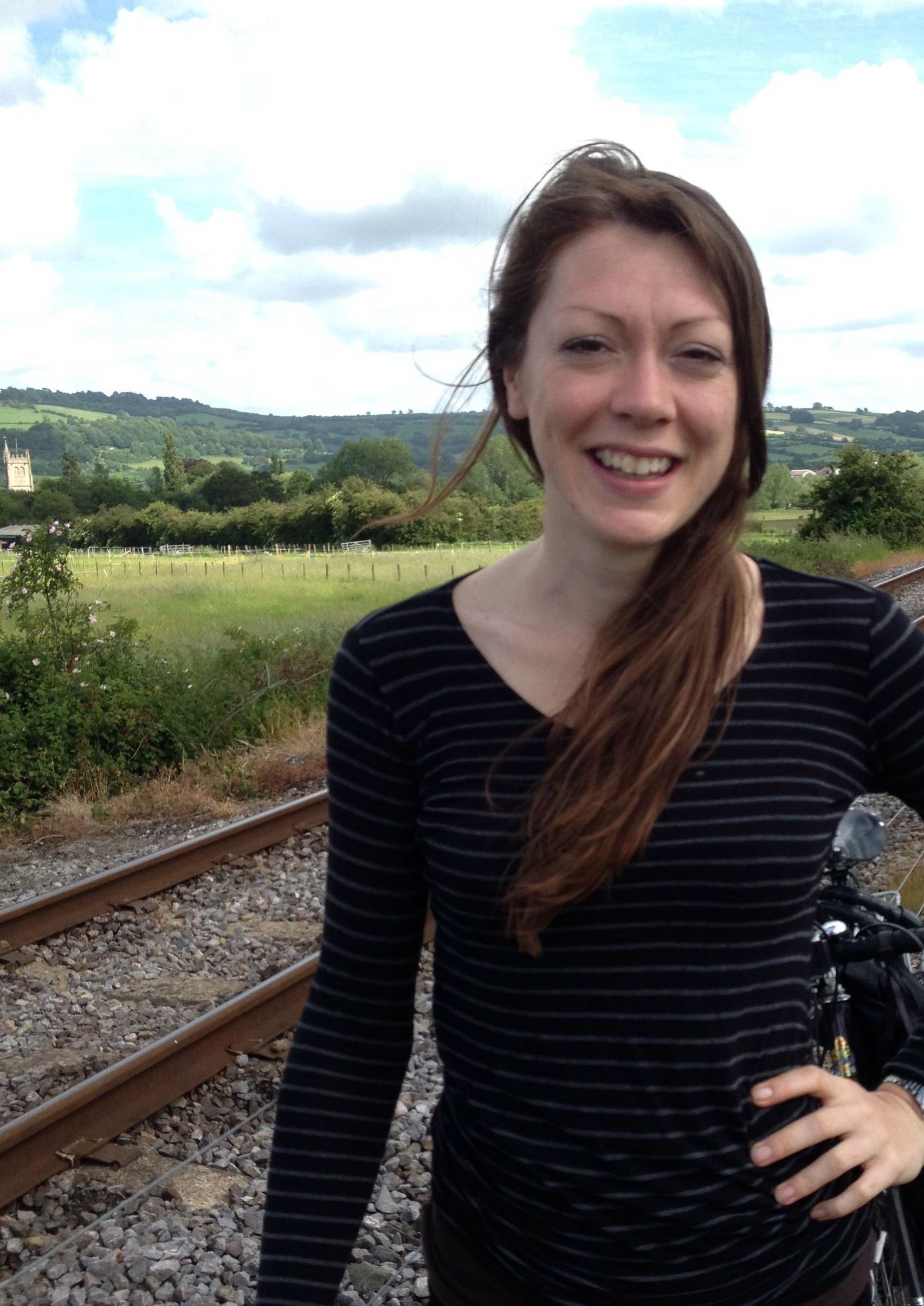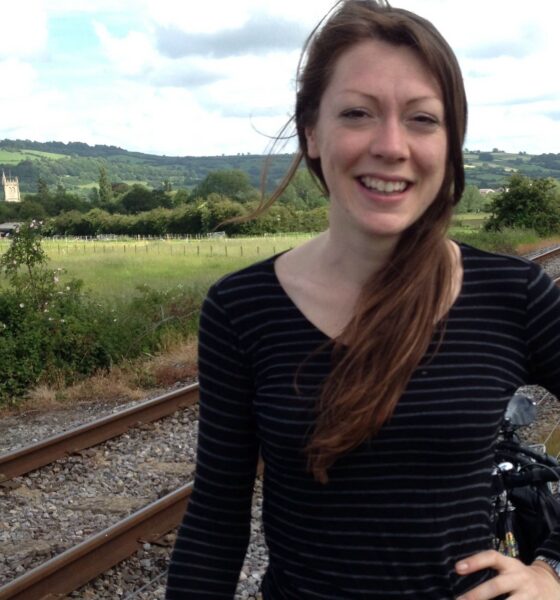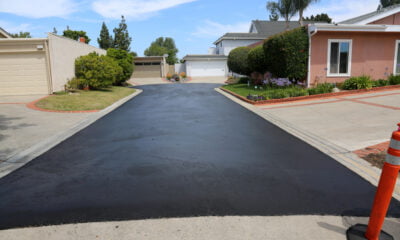

Features
Future sustainability leaders: Maia Tarling-Hunter
What will business look like in the future and who are our future leaders?
This is the next instalment in our series speaking with a group of young people who are making waves in sustainability. All 12 are scholars on Forum for the Future’s renowned master’s course in leadership for sustainable development.
A former secondary school teacher, Maia Tarling-Hunter decided to switch careers and focus on sustainability. Here, she tells us about some of the key lessons she has learnt over the past year.
Tell us about your experience on the Forum for the Future master’s course. What have your placements involved?
My experience on the Forum master’s course has been fantastic. After four years of secondary school teaching, this course has eased my transition into a different sector.
I wanted to develop my knowledge in sustainable development from experts across the field and over the year I’ve been exposed to a wide range of individuals and organisations. I’ve explored policy research with the Green party, been a press officer with Project Dirt, developed an employee engagement campaign at EDF Energy and I’m now working in the marketing department at Triodos Bank.
I’m feeling confident and excited about moving onto a more permanent job role, though I’ll be really sad to finish this year in July.
Where does your interest in sustainability come from?
For me, sustainability is about social responsibility. I strongly believe in our duty as human beings to look out for, on the one hand the environment, but also for each other. I believe a disregard for the limits of the environment also reflects a disregard for the wellbeing of other people – by working to create a more sustainable society, I want to address that.
I think this is more urgent than ever with the impending impact of climate change and with the gaping inequality in our society: one in 10 Britons are now a millionaire while almost 1 million are reliant on food banks to feed themselves and their family. Working to create a more sustainable and more balanced society is one way I hope to have a positive impact.
What is the best piece of advice you’ve been given during your course?
Having lived abroad at several points in my life, I thought of myself as quite adaptable – but this course has really taught me how to be adaptable. Starting a new job four times in one year, in four very different organisations and in four very different roles has been challenging.
The best piece of advice, from Forum staff and from fellow scholars, has been ‘just go for it’. I’ve learnt to throw myself into a new role very quickly and I’ve hugely developed my self-confidence when tackling new tasks. If you’d asked me at the beginning of the course to write an MP’s brief, organise a press campaign or run a focus group with nuclear engineers, I might have balked slightly. But I’m proud to say I’ve done all of these things very successfully this year.
What’s most important business lesson you’ve learnt?
Just because a business is required to make money, this doesn’t mean business is a bad thing. This might seem obvious, but coming from a public sector background, I felt slightly cynical about the intentions of businesses to be more sustainable. Actually, I’ve found out that there are huge amounts of exciting things happening in the business world that are really driving sustainable development.
What one idea do you think could change the world for the better?
Our concept of value in the modern western society is warped. I think we need to return to the basics of what we value: the wellbeing of each other and our surroundings. Instead, we’re obsessed by plastic gadgets and virtual assets that are driving a bigger divide between people than, I think, they’re creating.
Without sounding too ‘let’s get back to nature, guys’, I do believe that trusting, open human interactions create a happier society. I can see how some aspects of our increasingly digital world contribute positively to wellbeing, but I don’t believe that they should be the most prized value of our society – or come at the expense of people and the planet.
What do you see of the future in terms of sustainability, business and the environment?
I think that if you’ve chosen to be involved in sustainable development, you need to be optimistic. The amount of cross-sector (public, private and charity) conversations and collaboration that are happening at the moment is very encouraging.
I do believe there is a societal shift occurring towards a more sustainable mindset and that business has an important place in developing this. I’m not sure it’s happening at a fast enough pace to truly safeguard the environment, but those businesses that are currently active in promoting sustainable development are inspiring real change.
Where will you be in 10 years’ time?
I’d like to be able to define myself as an ‘expert’ in an area of sustainable development in 10 years’ time and be in a position where I’m using that expertise to contribute to a more sustainable world. To get there, I’d like to work in a role which focuses both on developing my expertise through research and on practically applying that research in the real world.
Further reading:
Future sustainability leaders: Ruth Shave
Future sustainability leaders: Angela Green
Future sustainability leaders: Andrew Adam
Future sustainability leaders: Zoe Draisey
Future sustainability leaders: Rebecca Trevalyan






























